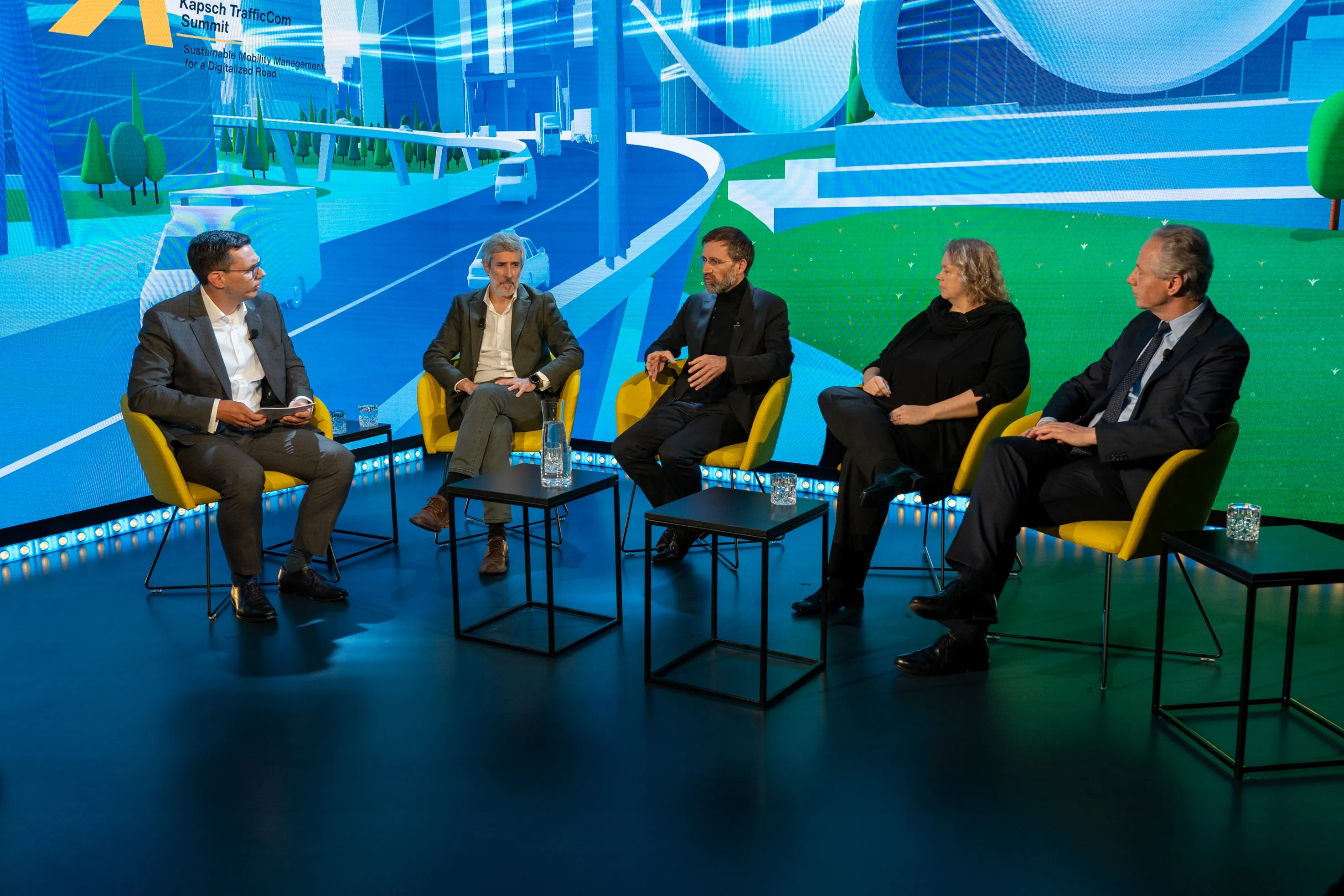
Smart technologies will be vital in boosting sustainable mobility and tackling climate change - but more is needed, according to speakers at the online Kapsch Summit 2023.
“We can and must make use of smart technologies to tackle this generation-defining issue, but to really solve it, we need a fundamental change in how we think about mobility,” said Kapsch TrafficCom CEO Georg Kapsch at the event.
Road transport is responsible for 25% of global carbon emissions.
“Ultimately, it requires tight collaboration between all stakeholders, from governments to authorities to the technology providers and the end users," he continued. "The only option to resolve the situation is technology – there is no other choice.”
Georg Kapsch was joined by executive director of LSE Cities Philipp Rode; urban scientist Katja Schechtner; and Kapsch TrafficCom CTO Alfredo Escribá.
“We need to get all stakeholders on one table, so that the ecosystem can work together to make sustainable mobility a reality,” said Escribá. “The technology is the easy part.”
Educating stakeholders on what technology can and cannot do is a major issue for the transportation industry: the recent misrepresentation of the debate over 15-minute cities shows how ideas can become toxic - and the only way to prevent that is through careful presentation of the facts.
“Public debate on topics like the 15-minute city is sometimes misunderstood and sometimes misappropriated by appeals that are not based on facts. We must fight this with data, facts, and the measurable impact of our activities," Escribá adds.
“Technologically, a lot is possible, but sustainable mobility goes way beyond that," concluded Georg Kapsch.
“We can do a lot of things, from reducing emissions, preventing congestion to improving air quality. But in the end, technology can only be an enabler of change – the political will to use the solutions at hand is equally as important. That is why we are doing events like this – to engage with our stakeholders, to show what is possible, and to bring together people with different ideas for the benefit of a future where sustainable mobility is a reality.”









